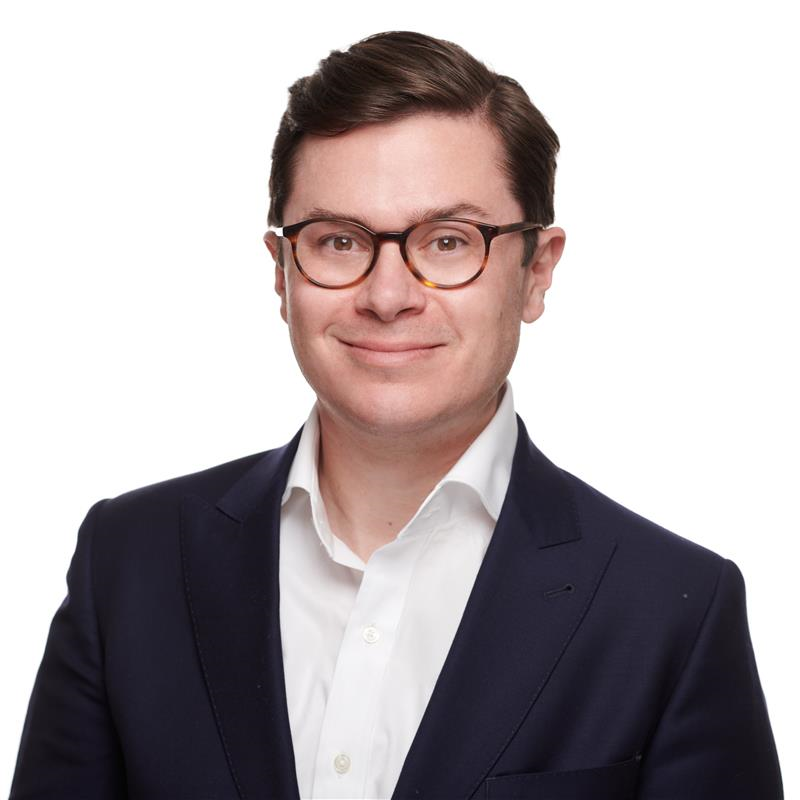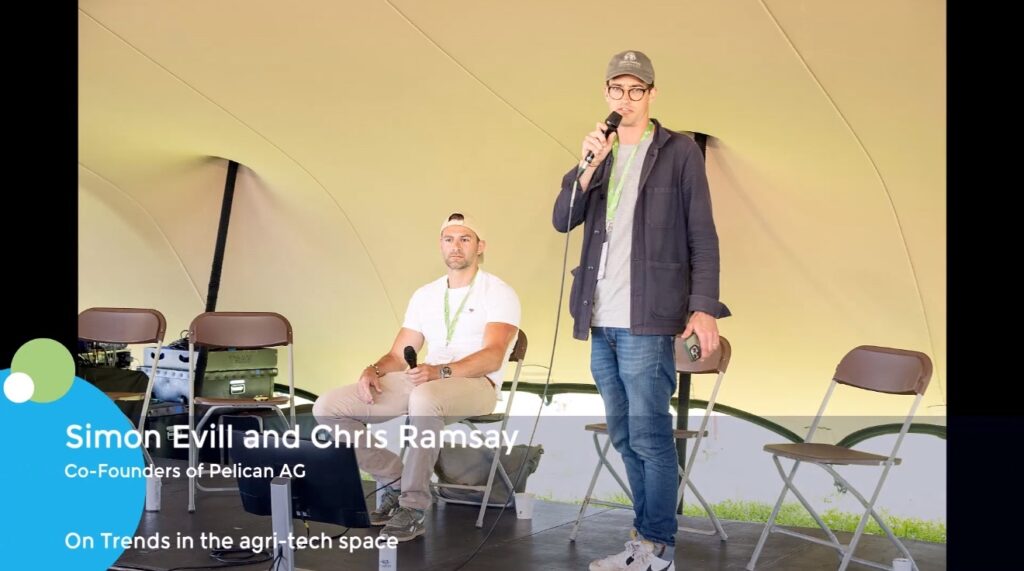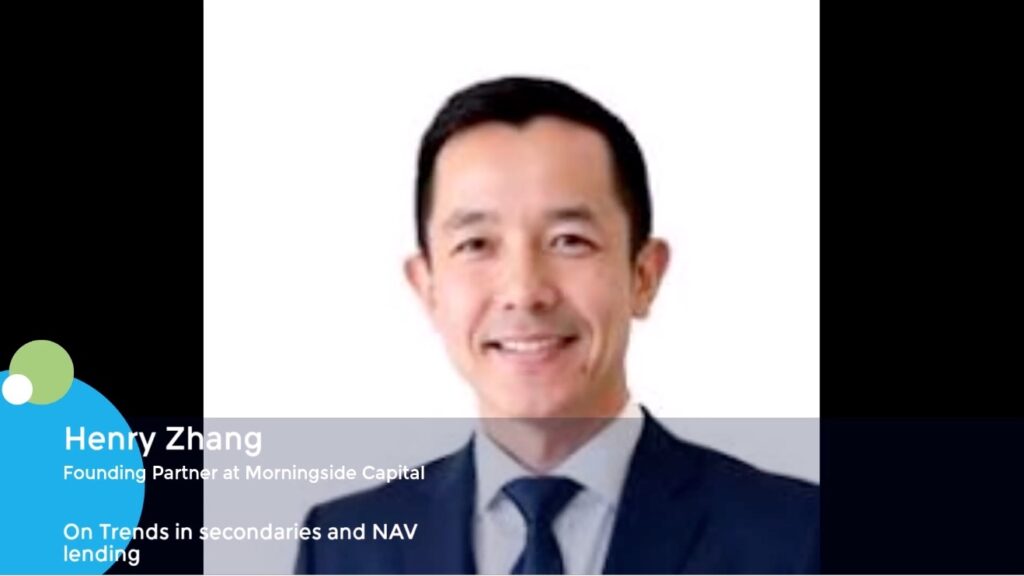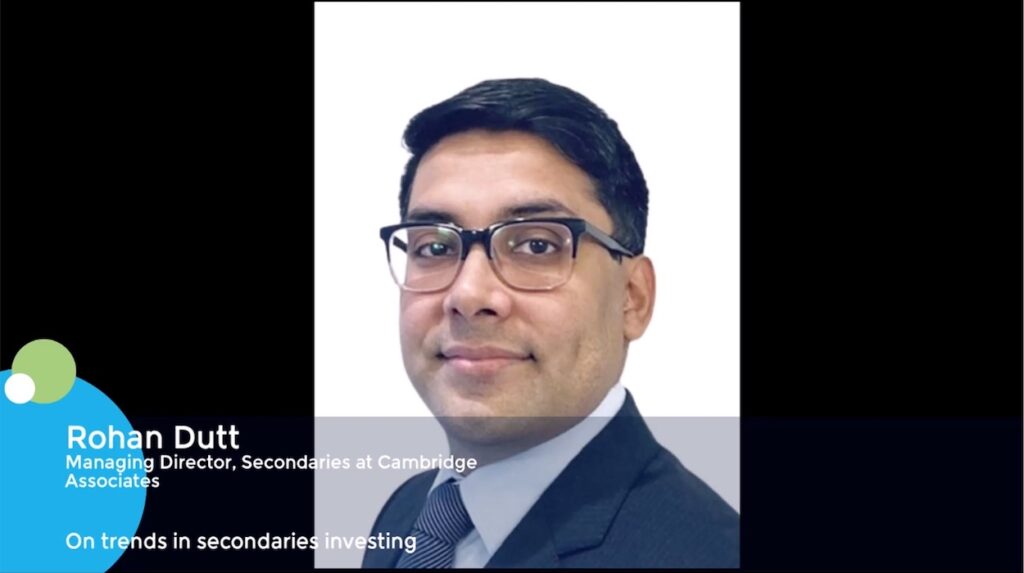Deal Focus: GSI exit showcases KKR’s middle market playbook
The process that ultimately saw KKR [NYSE:KKR] exit industrial services business Geostablization International (GSI) to Leonard Green & Partners (LGP) last month was never likely to be a broad auction. The sponsor knew the asset would resonate with its peer group, and it had received inbound inquiries from strategic suitors before it started to contemplate a sale.
“We wanted to target the sponsors that would appreciate the growth opportunity for a high-margin, high-growth, premium industrial services business and, of course, complement this with strategics for whom the opportunity could make sense,” said Brandon Brahm, a partner and co-head of KKR’s middle market-focused Ascendant strategy.

Brandon Brahm, partner and co-head of KKR’s middle market-focused Ascendant strategy.
The sale process for GSI – a Westminster, Colorado-based provider of geohazard mitigation and roadway safety services – kicked off in the first half of the year, as reported by Mergermarket. The outcome, announced on 26 September, was an acquisition by LGP at an enterprise value above USD 1bn, said a source familiar with the situation, noting that GSI’s EBITDA at the time of the deal was around USD 90m.
Middle maneuvers
KKR’s nearly six-year journey to a multiple on invested capital (MOIC) of over 5x – during which GSI’s revenue nearly tripled – is illustrative of its middle market strategy. The playbook, largely based on targeting companies with capacity for organic and inorganic growth, has its origins in the North American industrials sector.
“Over a decade ago we started seeing that middle market industrials represented a deep and attractive universe of deal flow and that we had a unique ability to create value with and grow those businesses,” said Brahm. “We got interested in starting to build a track record in the space, and one of those deals was GSI.”
KKR acquired GSI in 2018 from its 2017 vintage Americas XII Fund. The sponsor had GSI on its radar for around a year before acquiring it from CAI Capital, Mergermarket previously reported. Back then, in 2018, the company was already well-positioned in the geohazard mitigation space, with strong cash flow and margins serving clients including predominantly state and local departments of transportation, as well as energy, mining, and railroad companies, according to the prior report.
Building on these foundations, KKR increased revenue from USD 160m to USD 425m. Introducing systems and processes that enabled rapid scaling, for example, revamping sales and marketing efforts, was a key contributor to this endeavor.
“We invested heavily in their sales force,” said Brahm. “We upgraded the website and invested in digital marketing so that we could get the word out more broadly about what we were doing, how we could help customers, and how we could protect the public.”
Add-on acquisitions were also part of the plan. In November 2018, Mergermarket reported that GSI was looking for targets in the sub-USD 100m revenue range, potentially in the Western US.
The company ended up buying Ideal Fencing Corp, which makes highway and bridge guardrails, earlier this year, and Access Limited Construction, a rockfall mitigation business, in 2023. Earlier this year, Access Limited said it had combined with several industry leaders –Dyer All-Terrain Excavation, HI-TECH Rockfall Construction, GSI Rockfall, and GeoBuild, unveiling a new operating model and updated brand. GSI’s rockfall business grew approximately sixfold during KKR’s ownership as a result of organic growth and the add-ons.
Employee ownership
Another key facet of KKR’s investment in GSI, and its middle market playbook more broadly, was the rollout of an employee ownership plan. According to the press release announcing the sale to LGP, each of GSI’s over 900 employees would receive cash payouts for their stakes in the business, ranging from three months to three years of annual pay for those who joined before December 2023.
All-employee ownership was in the plan for the start, driven by discussions with GSI’s former CEO, Colby Barrett, the son of one of the company’s founders, who placed a strong emphasis on employee engagement.
“Colby was really the driving force in growing GSI up to the point we bought it, and a core part of their success was their culture, informed by a sense of mission and a sense of purpose,” said Brahm. “They had an ownership mentality before they really had ownership and we connected with Colby on the concept of bringing all-employee ownership to the company.”
Employee ownership will continue under LGP. Like KKR, LGP is a founding member of Ownership Works, a non-profit organization created in 2022 to support companies transitioning to all-employee ownership.
“We’re trying to get the best outcome for the equity, but we are also trying to find the right home for the business,” Brahm added. “This is a great example as the culture of broad-based employee ownership will continue.”
KKR and GSI were advised by Harris Williams and UBS as M&A advisors, and Kirkland & Ellis as legal advisor on the transaction.










